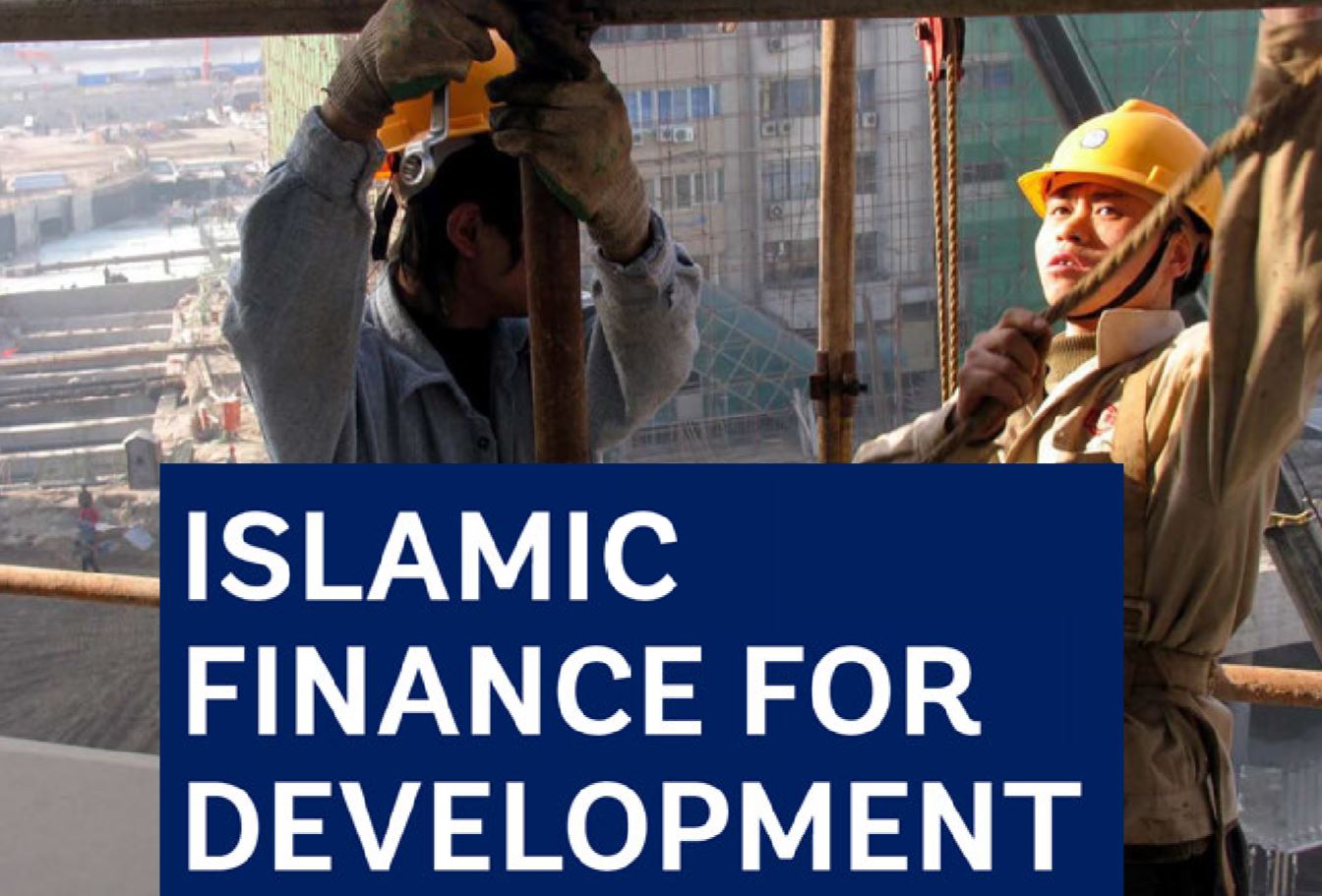
Islamic Finance for Development
Article Overview
Victoria Kwakwa – World Bank Vice President for the East Asia and Pacific.
Income growth is not the sole aim of economic development. To many, an equally important, albeit less quantifiable, outcome is a sense of progress for the entire community, and a confidence that prosperity is shared equitably – and sustainably – across society for the long term.
Inclusion through Innovation
Inclusive and sustainable development looks beyond GDP growth and can strengthen nations for generations to come. However, rising income inequality has impeded social mobility, increased social tensions, and undermined effective governance in many countries in recent decades.
In the World Bank Group, we are firmly committed to our twin goals of helping reduce the number of people living in extreme poverty, and to promote shared prosperity, particularly among the bottom 40 percent of the population. Investments in infrastructure are essential for meeting both goals. Whether it be by connecting farmers to markets or by providing families with electricity and clean water, infrastructure investments can transform lives for the better. However, analysts estimate that developing countries require between US$1.7 trillion annually in infrastructure investment just to keep up with the rate of growth, while actual investment pledged each year is closer to US$880 billion – far short of the region’s needs.
It would be better yet if these options adhere to our principles of sustainable development, particularly given the specter of climate change. A tall order, but not impossible.
Unlocking a New Dimension of Islamic Finance
Recently, with support from the World Bank, Malaysia launched a new initiative that addresses both these principles: financing sustainable, climate-resilient growth. When Islamic finance shot to prominence in 2008, performing well even during the global downturn, the investment community started taking notice. Though representing a tiny portion of the global financial market, the growth of Islamic finance has been rapid. By 2015, the industry had surpassed US$1.88 trillion in size and its banking assets had doubled in merely four years.
Central to the premise is the sukuk, a bond that generates returns to investors without infringing Islamic Shari’ah principles, which prohibits the payment of interest. Given that the Islamic capital market is still relatively small, sovereign and quasi-sovereign sukuk can be used to finance infrastructure projects that can facilitate further inflows of private capital. Project-specific sukuk, instead of general-purpose sukuk, may be particularly helpful in bolstering infrastructure financing.
The World’s First Green Sukuk
In parallel, another development pioneered by the World Bank Group – ‘green bonds’ – is also making headway. Since 2008, the World Bank has issued US$10 billion in bonds through our green bond program for climate-sensitive investments, and has brought greater transparency and clarity to issuers and investors by participating in the crafting of the Green Bond Principles (voluntary guidelines framing the issuance of green bonds) and by setting best market practice for reporting on the use of proceeds. New issuances in the global market are expected to exceed US$120 billion in 2017.
Malaysia is already a global leader in leveraging Islamic finance for infrastructure development, issuing more than 60 percent of the world’s infrastructure sukuk. Now, the country’s regulators are taking it one step further and using investments to achieve a public good. Launched this July with the issuance by a Malaysian company of RM250 million (about US$59 million) in bonds to finance a 50-megawatt solar photovoltaic plant, the ‘green sukuk’ is a bold new tool for development.
The framework underlying this instrument is the result of collaboration between the Securities Commission of Malaysia, the Central Bank of Malaysia, and the World Bank Group. This was envisioned when Malaysia and the World Bank Group celebrated 58 years of partnership with the formal opening of our Global Knowledge and Research Hub in Malaysia in 2016. The ‘green sukuk’ is one of various corporate fixed-income securities of this type coming out of Malaysia.
This development would take us one step closer towards our goal of sustainable and inclusive growth.
This article was first published on World Bank’s East Asia & Pacific On the Rise blog and the South China Morning Post. To access the blog, visit bit.ly/VK_greensukuk. To access the opinion editorial, visit bit.ly/SCMP_greensukuk.








